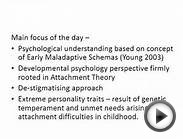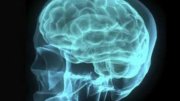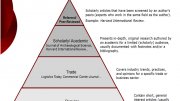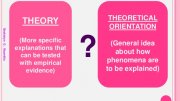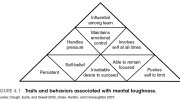
Forensic psychologists are trained psychologists who also have a strong understanding of the U.S. legal system. They often conduct psychological analyses of criminals and provide testimony in court. Students in a bachelor's degree program in forensic psychology study law and psychology. Courses often cover topics such as human development, abnormal psychology, criminology and family law. An undergraduate certificate program in forensic psychology may be open to a student who holds a bachelor's degree in another field or to a student with no degree. Courses cover the fundamentals of the field, including criminal procedures and the reasons why people commit crimes.
Bachelor of Science in Forensic Psychology
Bachelor's degree programs in forensic psychology are interdisciplinary programs, requiring individuals to study psychology and law simultaneously. Undergraduate students gain an in-depth understanding of human development, theories of personality, abnormal psychology and cultural anthropology as well as the social and behavioral elements of psychology. They also study basic criminology, civil law, family law and criminal law. The courses included in a bachelor's degree program in forensic psychology are often taught through classroom lectures, seminars, group discussions and individual research sessions. Students take courses in the following subjects:
Source: study.com
You might also like:

